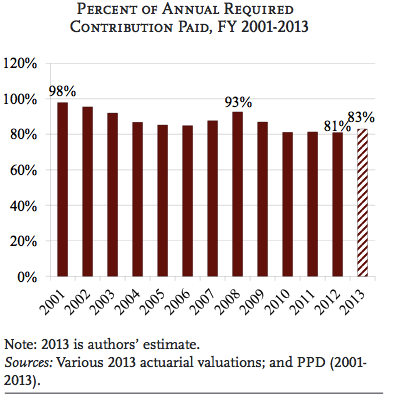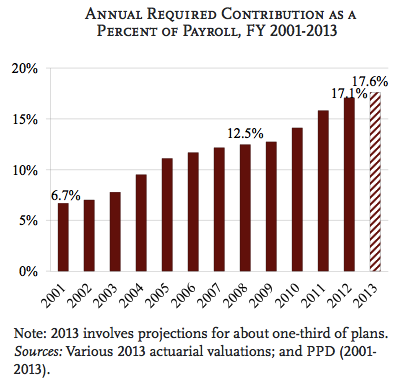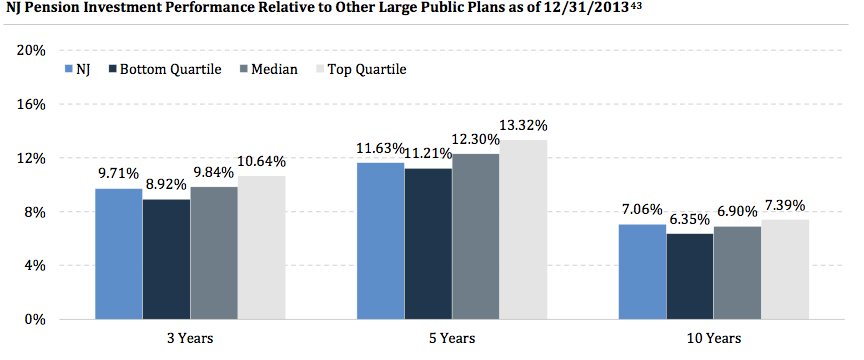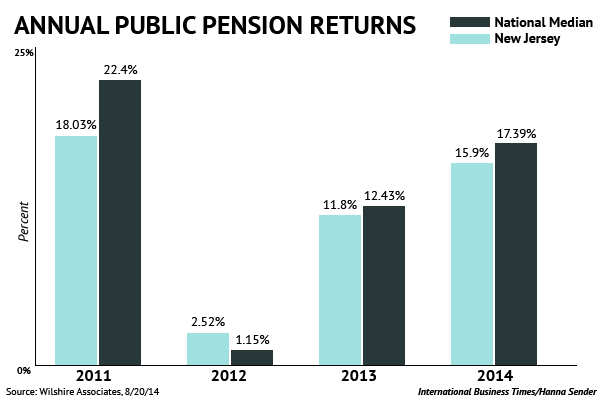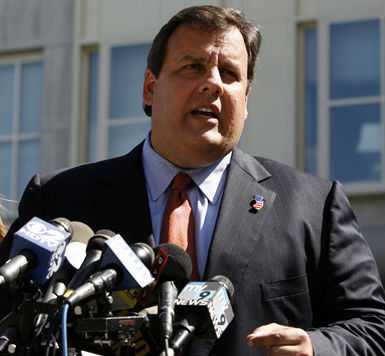A recent poll reveals that a large percentage of New Jersey residents plan to leave the state before retiring – 25 percent of respondents said it was “very likely” that they would move away from New Jersey and retire in another state.
From the Daily Journal:
Joseph Peters wants to retire in New Jersey, but instead he plans to move elsewhere.
[…]
He’s not alone.
Half of New Jerseyans would like to retire elsewhere, according to a new Monmouth University/Asbury Park Press poll. More than a quarter of those surveyed consider it very likely that they will actually move. Cost of living and taxes remain the driving factors for those wanting to flee upon retirement, with more than a third of adults concerned about their savings.
“Taxes are considerably less in Pennsylvania and areas that I’m looking at,” said Peters, who will rely on his savings in his employer’s 401(k) plan, a federal pension and Social Security in retirement. “My federal pension will not have a state tax on it in Pennsylvania, and the property costs are considerably less for buying a raw piece of land and building a new house, or even buying an existing house.”
If soon-to-be-retirees do start moving, there are implications for New Jersey’s economy. From the Daily Journal:
If more retirees follow Peters’ footsteps, New Jersey gradually will experience a difficult time making economic ends meet. An exodus of retirees would mean the loss of income taxes from their pensions and sales taxes from their spending at businesses within the Garden State. Combined, the factors paint a grim picture for those left behind.
“That means less state revenues for other programs that may be valuable to New Jersey citizens,” said James Hughes, dean of the Edward J. Bloustein School of Planning and Public Policy at Rutgers University.
But New Jersey’s options to fix the situation remain scarce. The Garden State’s budget fell short by $800 million last year. The state balanced its budget this year only after Gov. Chris Christie slashed the state’s contribution to a pension fund for public workers.
“We don’t have a lot of wiggle room to adjust our tax system as it is since we’re short of revenues,” Hughes said. New Jersey’s “not going to change that destiny very much. We are going to lose some affluent seniors, middle-income seniors and the like.”
New Jersey’s housing costs for seniors are the highest in the U.S., and healthcare costs are the third-highest.
The state also taxes pension benefits at a rate of 3.6 percent; that number has grown from 3.1 percent since 2000.


